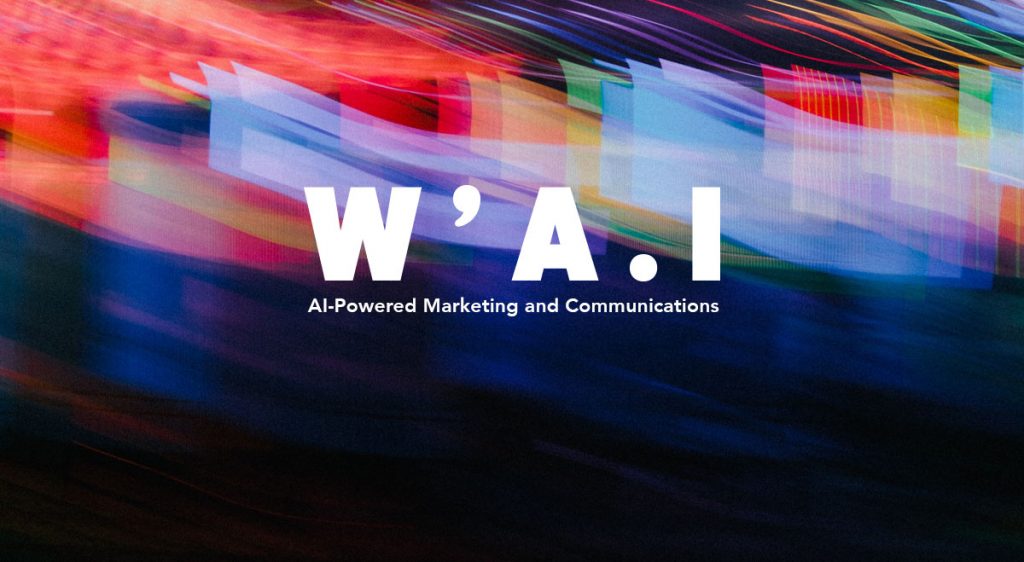Introduction to Psychology-Based Copywriting
In the fast-paced world of digital marketing, where attention spans are shorter than ever, the ability to craft persuasive marketing copy is a skill that can make or break a campaign. Understanding the psychology behind consumer behaviour and decision-making is critical to achieving higher conversion rates and maximising ROI.
In this article, we’ll explore how W’A.I, a leading AI-driven marketing and communication solutions provider for UK SMEs, leverages the power of psychology in marketing copywriting to help businesses thrive.

Core Principles from Behavioural Economics
To begin our journey into psychology-based copywriting, we must first delve into the fundamental principles of behavioural economics that underpin it. These principles tap into how individuals make choices and interact with marketing messages. Let’s explore three pivotal core concepts in crafting persuasive marketing copy.
1. Loss Aversion
Loss aversion is a psychological bias that emphasises people’s preference for avoiding losses over acquiring equivalent gains. Marketing copy can be leveraged by highlighting what the audience might lose if they don’t take the desired action. For instance, an insurance company might emphasise the potential financial losses a customer could face without their coverage.
2. Social Proof
Social proof is a powerful psychological trigger. People tend to follow the crowd and make decisions based on what others are doing. Marketers can employ this principle by showcasing customer reviews, testimonials, or user-generated content to demonstrate that others have benefited from their product or service, increasing trust and conversion rates.
3. Scarcity
The scarcity principle relies on the fear of missing out (FOMO). By indicating that a product or offer is in limited supply or available for a limited time, marketers can create a sense of urgency that compels prospects to take immediate action.
Applying Psychological Triggers in Copy
Now that we’ve laid the groundwork with these core principles let’s explore how W’A.I uses them to craft persuasive marketing copy.

Framing to Motivate Action
Framing is the art of presenting information in a way that influences how it is perceived. W’A.I’s AI algorithms analyse data to identify the most effective frames for each audience segment. For instance, a charity campaign can frame a donation as “saving lives” for one group and as “making a difference” for another based on their respective psychological triggers.
Emotive Language for Decision-Making
Emotions play a significant role in decision-making. By using emotive language in copy, W’A.I helps businesses connect with their audience on a deeper level. For instance, a health and wellness brand may use language that taps into the emotional desire for a healthier, happier life.
Optimising Response Rates Through Testing
Continuous testing and refinement are essential to ensure the effectiveness of psychology-based copy.
A/B Testing Copy Variants
W’A.I conducts A/B testing by creating multiple versions of marketing copy, each employing different psychological triggers or framing techniques. These variants are tested with target audiences to identify which yields the highest conversion rates.
Analysing Results Drives Refinement
Analysing the results of A/B tests and tracking key performance indicators (KPIs) allow W’A.I to refine marketing copy continually. By identifying what works best for each campaign, W’A.I can optimise the approach and maximise ROI for clients.
Real-World Examples of Psychology-Boosted Campaigns
To illustrate the effectiveness of psychology-based copywriting, let’s explore real-world examples of campaigns that have benefited from these strategies.
Hotel Booking Site
A hotel booking site implemented loss aversion by emphasising the limited availability of rooms during peak seasons. They also used social proof by showcasing glowing guest reviews and scarcity by offering exclusive discounts for a limited time. This resulted in a significant increase in bookings during the promotional period.
Insurance Offer Email
An insurance company revamped its email marketing strategy by incorporating emotive language that emphasised the peace of mind and security their policies provided. This shift in tone led to a higher open rate and a noticeable uptick in policy purchases.
Fitness App Signup Funnel
A fitness app leveraged the scarcity principle by promoting a limited-time offer for a free trial. The urgency of the offer and social proof through user success stories resulted in a substantial surge in sign-ups during the campaign.
The Future of Optimising Psychological Appeal
As technology advances, so do the opportunities for leveraging psychology in marketing copywriting. AI-driven solutions, like those offered by W’A.I, will play an increasingly crucial role in identifying and implementing the most effective psychological triggers for specific target audiences. The future holds exciting possibilities for businesses looking to boost conversion rates and ROI through highly persuasive copywriting.





